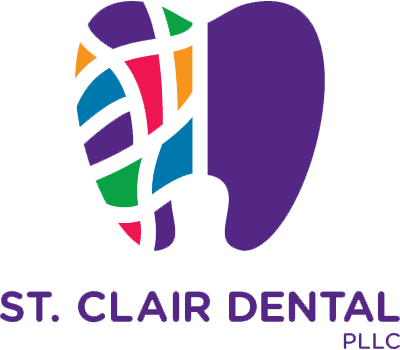Having asthma can be a life-long respiratory condition that can increase your chance of developing cavities, gum disease, and ulcers. Asthma can appear as a childhood disease or appear later on in adulthood, and most often, this condition can be harrowing on the lungs and airways. However, through proper management with medication, understanding triggers, you can take care of your asthma and help manage your oral health. So, how does asthma impact oral health? Here, we’ll be looking at how this respiratory condition impacts our teeth and gums and why it can potentially cause these problems for people today.
How Asthma Impacts The Teeth and Gums
Children growing up with asthma can face problems with having a dry mouth. Dry mouth happens when the saliva glands within the mouth don’t produce enough saliva to wash away bacteria and food, which can cause the mouth to become dehydrated. This dehydration can be caused by an asthma attack, where the closing of the airways can result in tightness in the chest and mouth breathing. Studies from the European Journal of Dentistry also cite that medications, such as bronchodilators and steroids, can cause dry mouth because of how that medicine interacts with the mouth.
However, dry mouth isn’t the only side effect of asthma. Some studies also report that asthma is one and a half times more likely to suffer from cavities than those without asthma, and this can be observed as a side effect of asthma and asthma medications. The coughing, wheezing, and tightness in the chest can cause the person’s immune system to become more vulnerable to bacterial infections and respiratory diseases such as bronchitis. The effects of respiratory diseases can lead to a weakened immune system and leave the body more prone to other oral diseases, such as cavities and gum disease.
Tips to Prevent Asthma/Oral Health Problems
With the effects of asthma on the lungs and the mouth, it’s important to know better ways of caring for your teeth. Here is some dental advice you can follow to help reduce your risk for cavities:
• Rinse and Repeat: If you require an inhaler, try rinsing your mouth out with water. Rinsing your mouth out can help reduce the risk of dry mouth and help keep saliva flowing.
• Drink Water: Make sure you drink water. Dehydration is considered to be one of the largest causes of dry mouth and other oral problems.
• Change Your Medication: If you find that you’ve been having issues with your teeth, speaking with your pulmonologist can help you find better solutions.
• Speak with Your Dentist: For symptoms of dry mouth, cavities, and gum disease, speaking with your dentist about these issues may help you find better ways to care for your teeth.
Living with asthma can be difficult, but know that your dentist can help you find the best treatment plans that meet your needs when it comes to your teeth.

